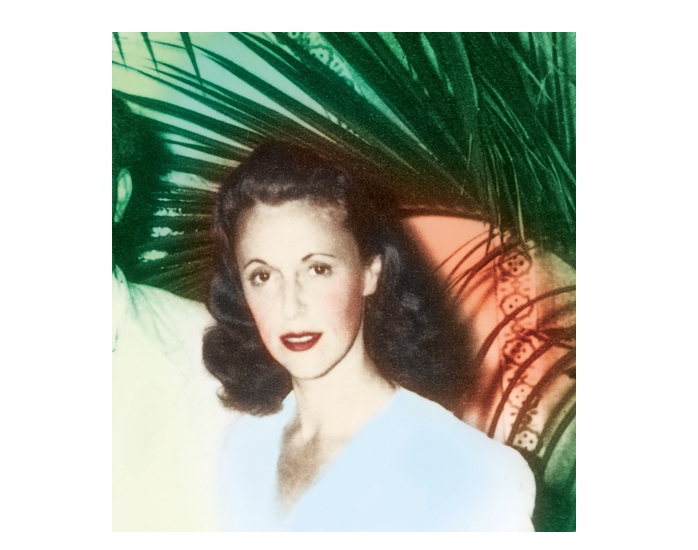She was born Kathleen Annie Pannonica Rothschild. Her father, Nathaniel Charles Rothschild, an ardent lepidopterist, named her Pannonica, Nica for short, as a tribute to the region in Hungary where he met her mother and captured a particularly interesting moth. Nica married a French aristocrat and became the Baroness de Koenigswarter. When he divorced her she was already known as the Jazz Baroness.
By the age of 40, Nica had devoted herself to jazz and freed herself from the restrictive obligations of two illustrious banking dynasties. A generous Rothschild trust fund enabled her to live comfortably as an informal Lady Bountiful, nurturing her many needy friends among the jazz musicians of New York. She was elegant, drank Chivas Regal from a silver flask, drove a silver Rolls and was interracially colour-blind.Everyone loved her.
David Kastin, a Brooklyn music historian, in Nica’s Dream (Norton, £20) tells her story well, in comprehensive detail – how Victor, who played piano, introduced her to Teddy Wilson, the great jazz pianist, who introduced her in turn to jazz in New York, and how she became an accepted part of the city’s revolutionary cultural scene of the 1950s and after, in harmony with bopsters, Beats and abstract expressionists.
Kastin clears her of calumnious rumours about her intimate platonic friendships with Charlie Parker and Thelonious Monk. Jazz liberates, you dig?







Comments
Join the debate for just £1 a month
Be part of the conversation with other Spectator readers by getting your first three months for £3.
UNLOCK ACCESS Just £1 a monthAlready a subscriber? Log in